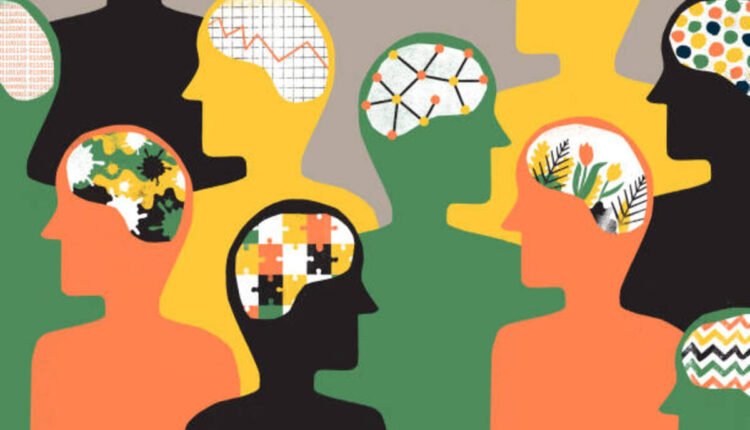How Neurodivergent People Can Help
Neurodivergent people have different personalities and ways of thinking. While they may not be able to do everything that most people can do, they can still find jobs and help create a more inclusive and accessible community. There are many ways neurodivergent people can help, from creating more accessible workplaces to establishing more inclusive schools.
Neurodivergent people think differently from the majority.
Neurodivergent people have different ways of thinking and behavior than neurotypical individuals. As a result, these individuals have different strengths and weaknesses that can be addressed with accommodations. Neurodivergent people also have different preferences and conditions that make them different from the rest of the population. This is why these individuals should be treated with respect and dignity.
For example, many neurodivergent people are passionate about social justice and the environment. This is partly due to their deep sense of empathy and the natural tendency to believe in fairness. This can lead to passionate advocacy for those who are disenfranchised and the environment. While some neurodivergent people are not empathetic, this is often not the case. Although neurodivergent people tend to shut down in times of distress, they can also be deeply empathic.
Teachers must know how their students’ differences affect how they approach the classroom and learning. Therefore, they must carefully consider how they communicate with their students and observe their progress. For example, some students may prefer learning math through an online learning environment, while others may prefer face-to-face math teaching. In these cases, teachers must be flexible and give students multiple ways to communicate.
They have different personalities and preferences.
A neurodivergent person is a person who develops differently from an average person. While a neurodivergent can understand and enjoy the same things as a typical person, their personality and preferences differ. They may struggle to understand and adjust to the same systems and processes that affect their peers.
There are many forms of neurodivergence. Some of these include bipolar disorder, schizophrenia, and borderline personality disorder. There is no specific way to prevent or cure these conditions, but some of them are manageable and can even be treated. A healthcare provider can help you learn about these disorders and give you the resources to manage them.
Neurodivergent often struggle in noisy environments. For them, noise-canceling headphones can be a helpful tool. They can concentrate better when they are not distracted by distracting noise. Likewise, companies should be willing to make changes to accommodate neurodivergents’ preferences.
They can still get a job.
If you’re a neurodivergent looking for a job, don’t despair. There are many ways to show potential employers your skill set and get a job. One way is to create an “ecosystem” of allies in the workplace. Companies can create simple support systems and programs for neurodivergent employees. One such program is SAP’s Neurodivergent Workplace Support Circle. This support system includes a team manager, a team buddy, a job and life skills, coach. It can also include a work mentor and an HR business partner.
Employers can also change their interview process to accommodate neurodivergent candidates. For example, many employers schedule interviews over several days to reduce stress for neurodivergent applicants. Others allow candidates to use their laptops or devices for tests. Regardless of their approach, it’s still important to be clear and concise when communicating with neurodivergent candidates.
A company like Goldman Sachs can help neurodivergent employees land their dream job. It launched its Neurodiversity Hiring Initiative in April 2019. This program provides interns with on-the-desk experience in one of its divisions and professional development and mentoring. Megan Hogan, a neurodiversity expert, oversees the program.
They can help create universally accessible schools, workplaces, and communities.
One of the most important things schools can do is consider the needs of neurodivergent students. This is particularly important if students have ADHD or autism, making schoolwork more challenging. Teachers may resort to admonishing or prompting them constantly, or they may complain that their students are constantly distracted. One solution is to tailor work to connect to a pupil’s passions. Many teachers don’t even think to try this, but it can benefit pupils with autism.
There are many benefits to incorporating the perspectives of neurodivergence in the design process. For example, Universal Design for Learning can help educators design more inclusive spaces for all, including those with disabilities. For example, a school’s playgrounds can be designed for the needs of people with different abilities.
Universal design is a design principle that seeks to create a learning environment accessible to everyone, no matter their needs or preferences. So, for example, a school designed to accommodate blind students could be adopted by neurodivergent with other disabilities. The concept was developed from the concept of Universal Design, which primarily applies to architecture. But because of the Americans with Disabilities Act, schools had to incorporate UDL principles.


